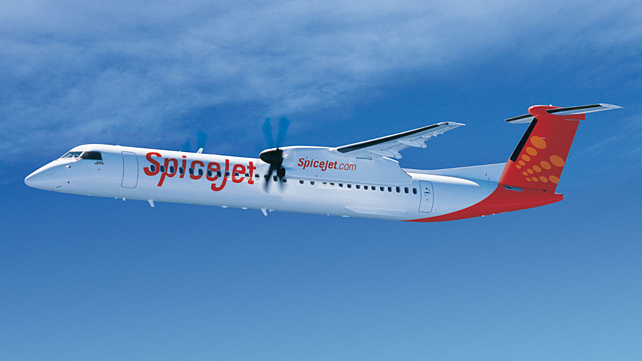
SpiceJet has furthered its ambition to fly 100 million domestic passengers on Sustainable Aviation Fuel (SAF) blend by 2030, formulating a blueprint, ‘Deploying Sustainable Aviation Fuels at Scale in India’.
The airline is leading the ‘Clean Skies for Tomorrow’ (CST) initiative under the aegis of the World Economic Forum (WEF). The blueprint will provide a pathway for sustainable aviation in India with a case study on biofuel, feedstock availability, technology pathways and policy recommendations.
Dr Christoph Wolff, Head, Mobility Industries and System Initiative, Member of the Executive Committee, WEF said, “Decarbonising India’s aviation sector is possible through urgent and sustained action by both private and public sectors. To accelerate the process, the WEF’s CST India Coalition, together with McKinsey & Company, developed a detailed blueprint outlining how to significantly increase use of sustainable aviation fuels in India. This report is an important first step in achieving our collective goal of flying 100 million passengers in India on sustainable aviation fuel by 2030.”
Minister of Petroleum & Natural Gas Dharmendra Pradhan was provided with the contours of the blueprint document in December 2020, wherein important aspects for sustainable use of SAF were discussed. These included bringing Bio-Jet fuel under GST (@ 5%) and providing Viability Gap Funding towards CAPEX for industry plants and to airlines .
SpiceJet had successfully used a 25% SAF blend made from the Jatropha plant along with 75% Aviation Turbine Fuel on a demo flight with a De Havilland Dash 8-400 turboprop from Dehradun to Delhi in August 2018.